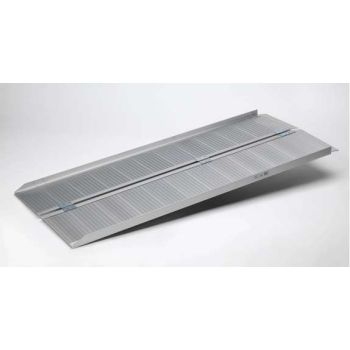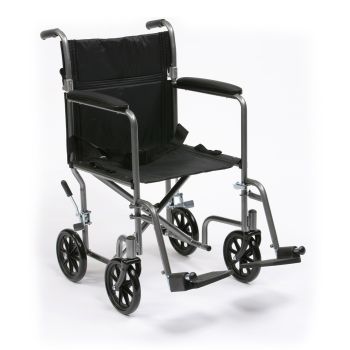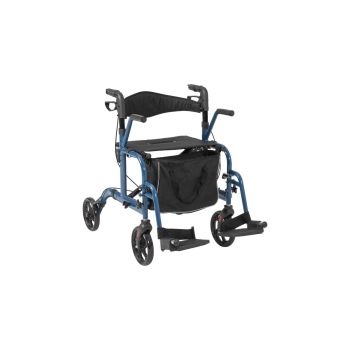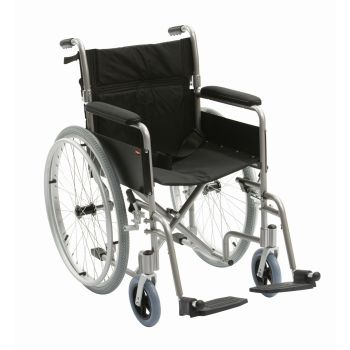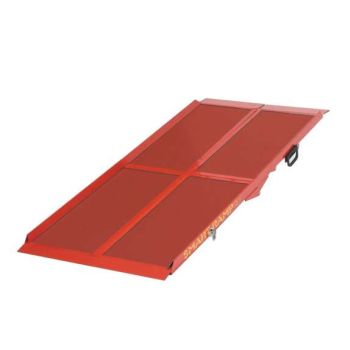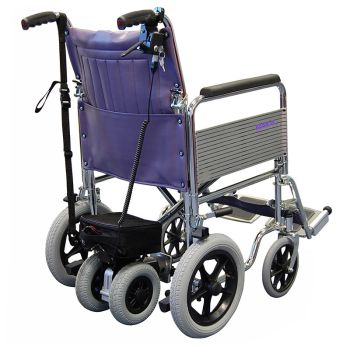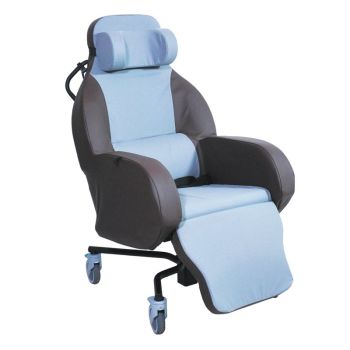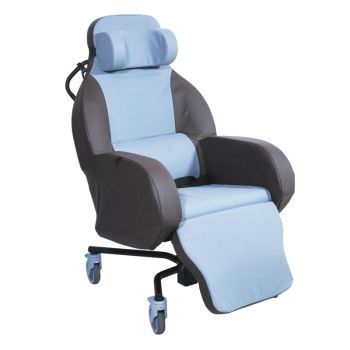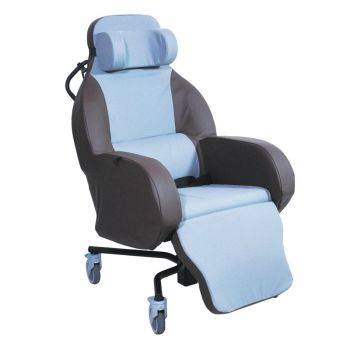Our wheelchairs for the elderly are designed to be transportable, lightweight and easy to store. We have a wide range of wheelchair options, such as self-propelling wheelchairs, lightweight and configurable wheelchairs to accommodate all users of different needs.
Wheelchairs give disabled and elderly patients as well as those who aren't able to move freely, the opportunity to get out and about in a way that they may not be able to do in normal circumstances, so finding the correct wheelchair for the correct need is essential. Browse our range of wheelchairs for the elderly below, or alternatively if you need assistance, please give us a call.
Read More




